We Care About Your Privacy
By clicking “Accept all”, you agree to the storing of cookies on your device to enhance site navigation, analyze site usage, and assist in our marketing efforts. View our Privacy Policy.
Learning Village is a blended EAL vocabulary, language structure and reading programme for new to English, SEND and low level literacy learners. It uses image as the language of instruction for learners of ANY language background; it is also ideal for learners who are not yet literate. It is useful for high interest, low level reading support and builds learners' confidence in the components of reading, including vocabulary and language structures, phonics, spelling, comprehension and fluency.
Teachers use the Learning Village to provide:
The Village and Islands include:
The Village and Islands adopt a blended approach: the comprehensive online programme is supported by offline, teacher-directed learning and resources.
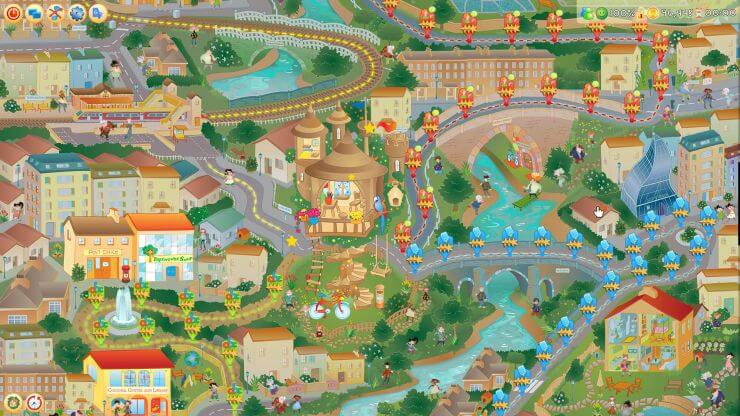

Pathways through the journeys are set by the programme and customised by teachers, to ensure that each learner’s individual needs can be met.
The Islands is aimed at learners aged from 11 to 16 year-olds. It has a different look and feel to The Village, to appeal to older users. The Islands builds on the learning from The Village to encompass more subject-specific language for the secondary level of education.
The Islands gives learners greater ownership over their learning, introducing them to self-study techniques and encouraging them to customise their own area of the site.
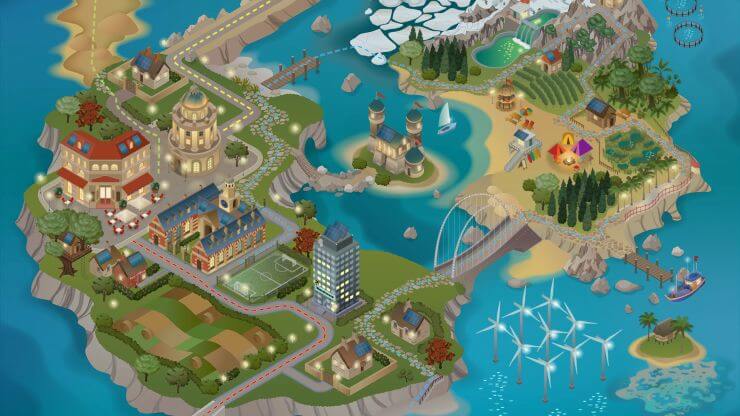
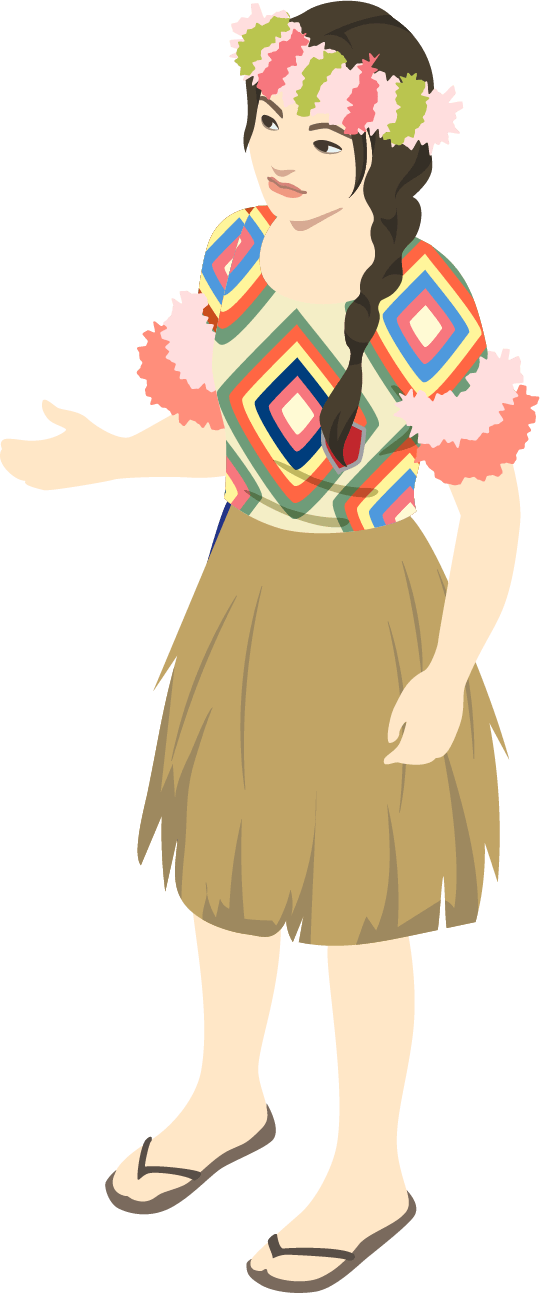
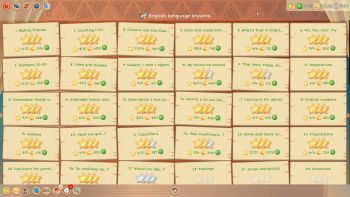
The Survival language, Phonics and High frequency learning journeys are progressive to ensure the steady scaffolding of language from speaking and listening for meaning to reading and writing. The Curriculum Content learning journey is progressive within topics. Learners or teachers choose topics as they arise in the curriculum to support learners with front loading.

Learners learn through topics presented in images, audio and text. They practise through scaffolded matching, spelling, sentence ordering exercises and other practice games. They’re assessed at the beginning and end, to track their learning and to support their next steps.
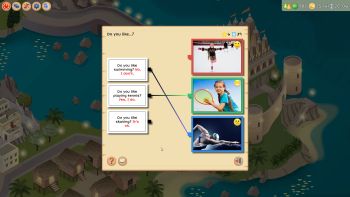
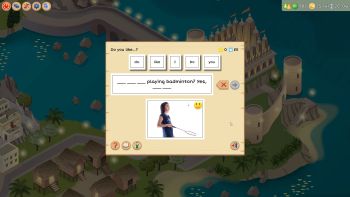
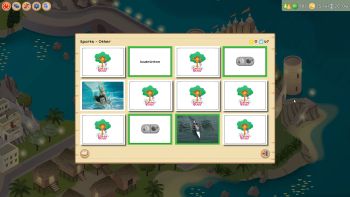
The Learning Village is engaging, fun and immersive! Practice games are carefully presented to build learning step by step.

Detailed assessment is built into the system – teachers can track learners' learning journeys and see how to target their needs. A ‘live learner feed’ gives a lesson-by-lesson breakdown of progress, while weekly reports show overall progress and challenges. The Learning Village is aligned to the CEFR A1-B1, UK EAL proficiency scale & EAL Assessment Framework (A-C), NASSEA (Step 1-5/6) and the New Zealand ELLP matrices (minimal English - stage 2).

Learners make virtual friends as they progress through their learning journeys. Each friend provides a short comprehension exercise, to consolidate learning.
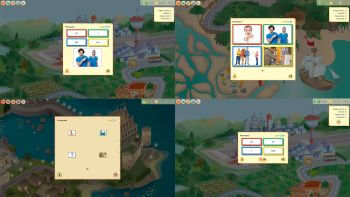
Our exciting, safe, multi-player game options let students revise learning by playing games against students in their own school – or in the 30+ countries in which the programme operates.

The programme continually collects data on learners time spent learning, content covered, content they found challenging and progress. Weekly reports give a general overview of learner engagement, areas of concern and suggested follow up communications with learners through insite messaging and certificates to acknowledge their work.
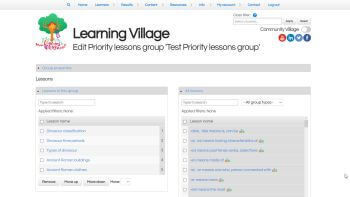
Easily search for and assign lessons you’d like your learners to pre-learn or post-learn, or choose one of the pre-defined progressive learning journeys.
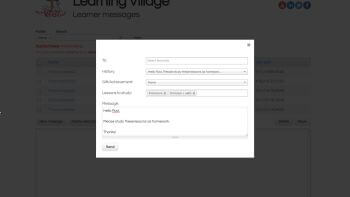
Teachers can send messages and rewards to learners, as well as create certificates. Learners use their achievements to upgrade and personalise their own special areas, such as their island, secret hideaway, castle or treehouse.
We have a wealth of content for all members to use and encourage teachers to make specific requests for further content and resources. In addition, the programme allows teachers to create their own lessons, on any subject they wish, for their learners to study. Through our Content Creator, images are generated for words teachers wish to focus on – or teachers may upload their own images and record their own audio. This is a valuable tool for those who are faced with a student with a particular gap in their knowledge or who are aiming to cover a very specific area of the curriculum.

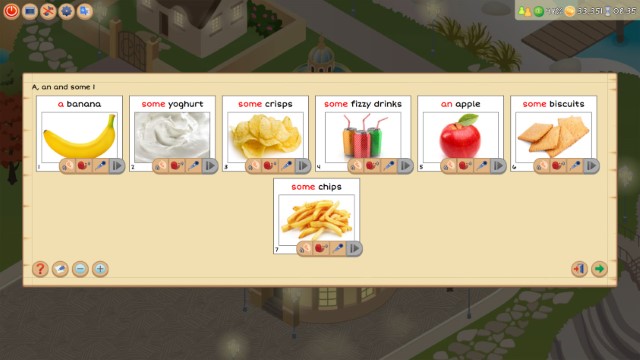
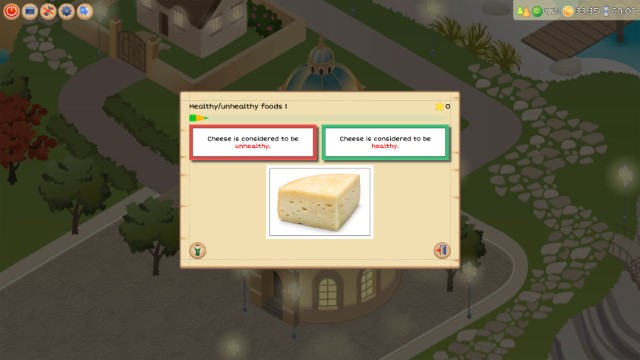
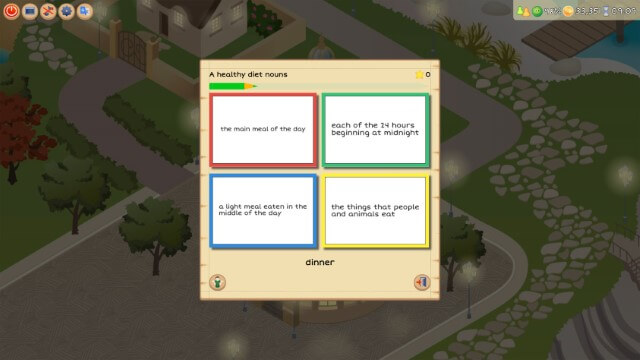
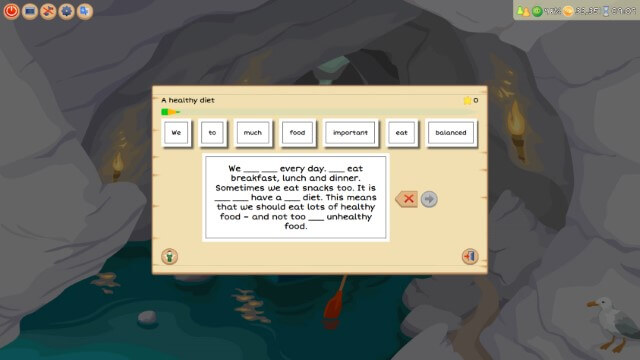
The assessment for learning planner & tracker is designed to support the planning, teaching and assessment of learner progress.
It allows teachers to choose lessons to be taught and document how the lessons apply to the curriculum or the wider world. The assessment for learning tracker also provides space for teacher judgement and a view of learners' independent progress through the selected lessons. Lessons can also be assigned to Priority lessons groups.
The Village and The Islands provide a blended learning experience, mixing online and offline learning. Independent learning is highly valued, but small-group and individual intervention activities are recognised as being equally important.
The Learning Village therefore provides a wealth of offline resources – and the capacity for teachers to create their own, supporting general differentiation in class and school groups.
Our aim is to keep teachers in the driving seat: they know their learners best and understand the environment in which they are working.
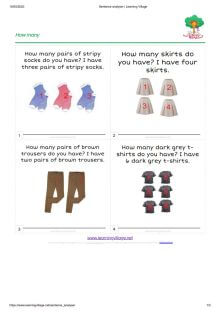
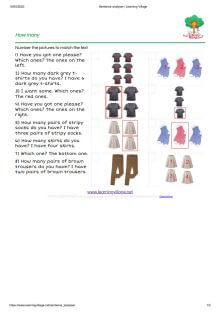
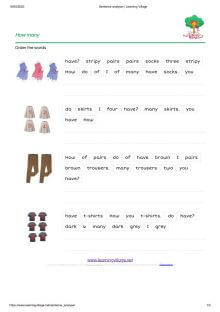
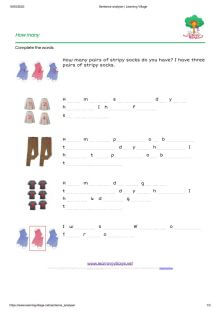
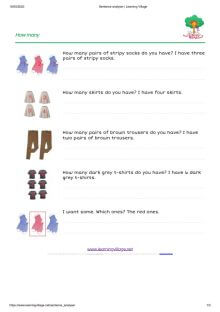
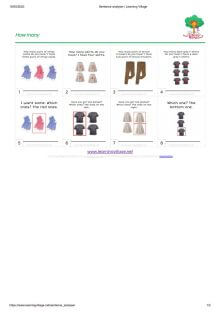
Flashcards are available in various formats for each of the 1,000+ lessons in The Village and The Islands. The time-consuming work of identifying an appropriate image and translation is done for you, with associated games and activities all included.
Our Scaffolding Resources focus on survival language and curriculum topics. They guide learners from the basic vocabulary needed to access a variety of text types, through to sentence creation based on the learnt vocabulary, then to modelling of the text (which includes the learnt vocabulary and the language structures needed to access the text), to the deconstruction of the text into graphic organisers and finally, into reconstruction of the text.
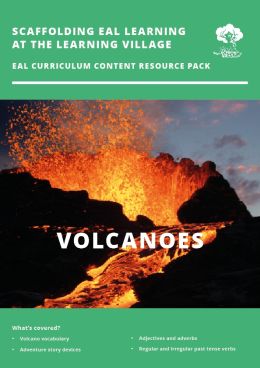
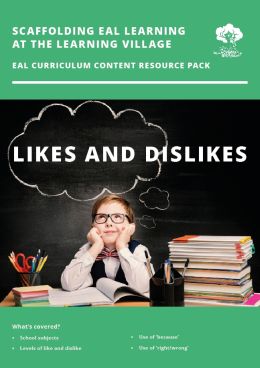
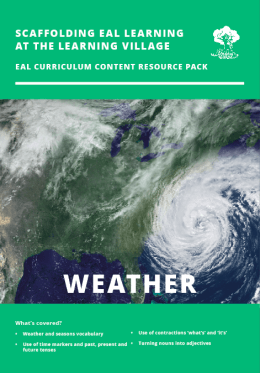



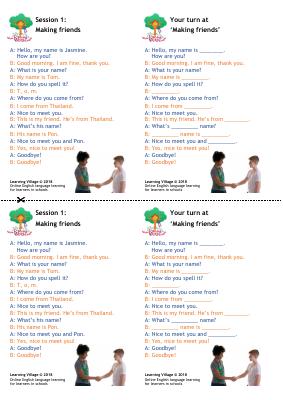
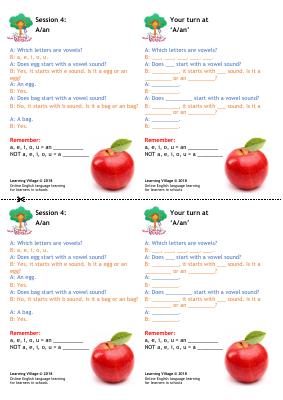
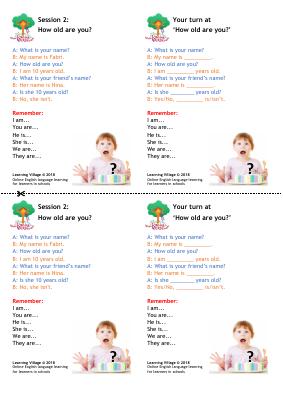



Our downloadable, printable role-play resources cover the basics of survival language. Their easy sentence structures form simple conversations for you to practise with your learner.
A blank role-play template is included too – create your own!
Substitution tables and sentence creators help learners work out how a sentence fits together and how to use it in different contexts. They allow learners to choose alternative words for a sentence and show them how to form phrases correctly. They can be incredibly supportive for learners who need the exact language to access specific lesson objectives.
We’ve created a Sentence Analyser tool for teachers, which can be used to generate your own substitution tables and sentences. Instructions show how to use these and how to align then with your curriculum. They can be printed out to be used as writing or speaking frames for developing vocabulary and language structures. For each sentence generated, further printable resources are also suggested, which may be saved as PDFs to send to learners, or set as lessons themselves.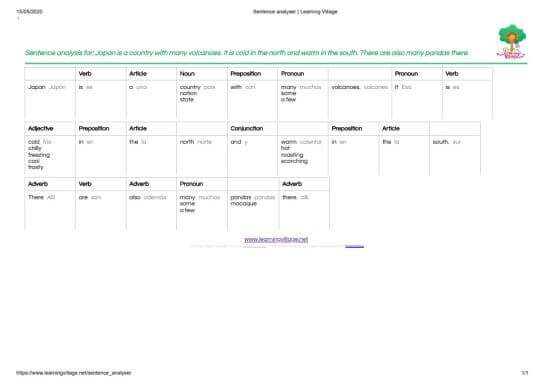
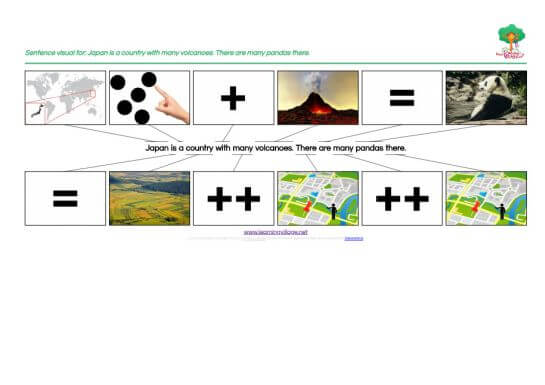
For younger, or pre-literate learners, or those with a special educational need, our Sentence Visualiser tool allows teachers to create meaningful sentences or lists of words purely in images.
Once again, associated resources are generated to support comprehension and can be printed off or sent to learners as PDFs. Translation into words is also permitted via the translation tool.
Our Word Frequency Tool supports learning of the first 2,000 high frequency words – those words that are most frequently encountered by learners and which they may find difficult. Resources are automatically generated to support learning of any words within the first 2,000 high frequency list. There are printable word cards, examples of use, definitions, crosswords, a board game and even a Bingo sheet! The tool also helps highlight technical words in text and provides a format to create more complex bespoke versions to suit your curriculum.
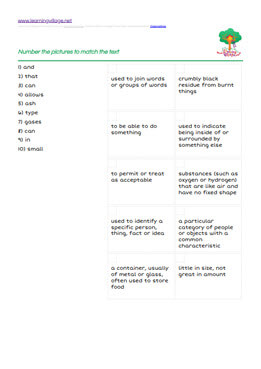
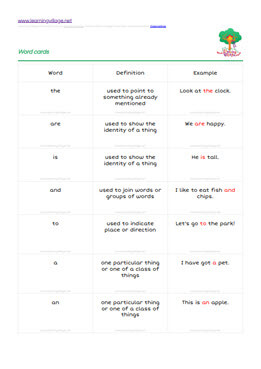
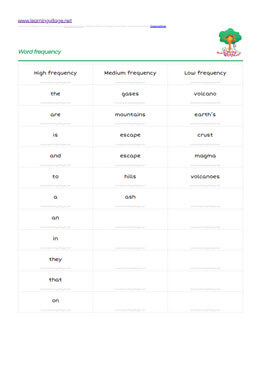
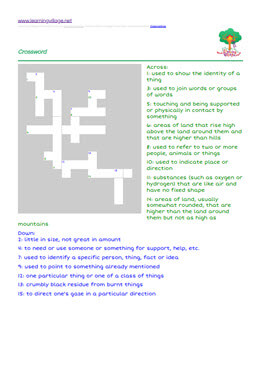
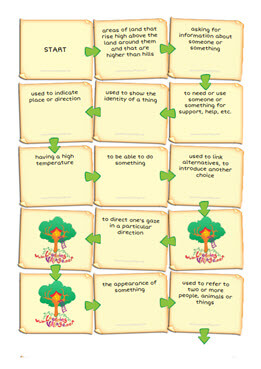
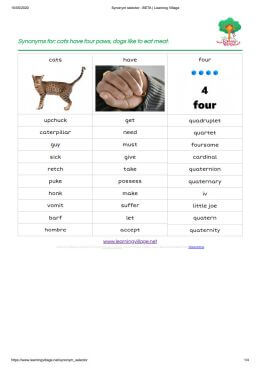
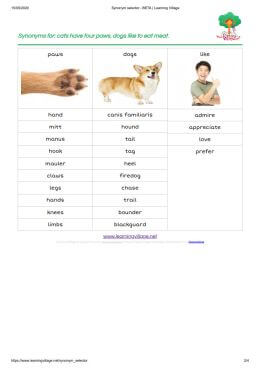
Our Synonym Selector, which is also image-based, helps learners develop their vocabulary and find alternatives for over-used words. It’s an excellent way to introduce a learner to new vocabulary and to the tricky art of choosing the right word for the right purpose.
Our Text Builder generates five different types of resource for any text you choose.
Use your own text to create your own Cloze procedure – erase particular words from the text, challenging your learners to use their knowledge and grammatical skills to supply them.
The Vanishing cloze is similar to the Cloze procedure, but automatically erases more and more words from the sentences within the text.
The Speaking/writing frame is useful for providing structured sentence starters and models for learners who may not have sufficient knowledge of standard sentence structure to be able to create sentences independently.
The Split Dictation resources, require learners to work collaboratively to complete an existing text, of which each of them only has one-half.
Have fun with your very own Scramble – mixed-up phrases that need to be put in order to reinstate the text, making good use of learners’ underlying grammatical knowledge and comprehension skills.
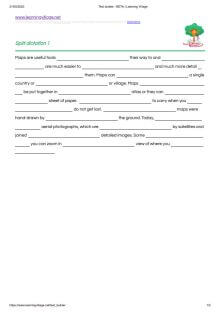
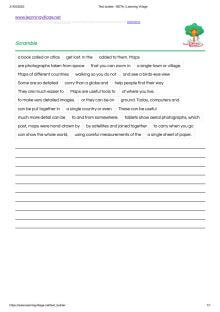
Our offline resources, customisable learning pathways, and comprehensive online programmes make The Village and The Islands a superb resource for all those teaching new-to-English learners.
Register for a free trial and introduction to the Learning Village today – for the best support for teachers and learners.
Register for a FREE trialArrange an initial conversation